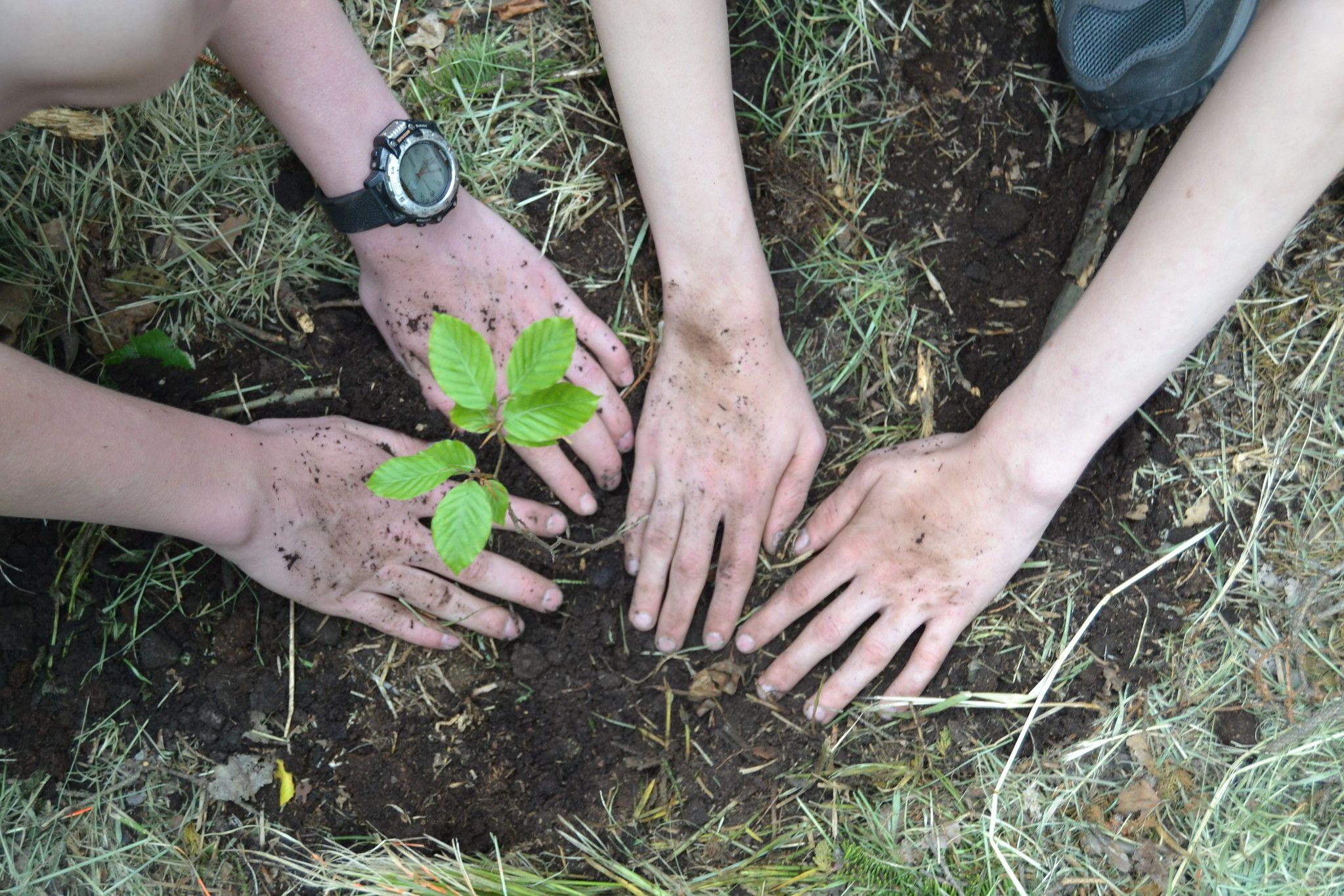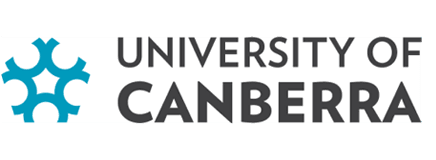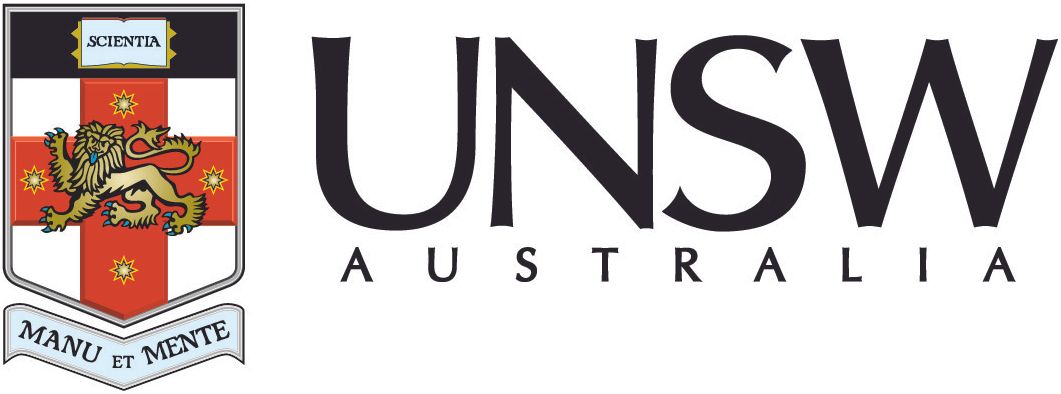Easy ways to help nature in Australia

Image: Plant for the Planet, CC BY-NC 2.0 DEED
News story
24 February 2024
There are many things that every person can do to help nature in Australia, and lots of them are very easy and also provide benefits to you.
Acting for nature is often a win-win for biodiversity and people. For example: planting more trees and shrubs around your home provides habitat for native animals but also cools keeps your home much cooler in hot weather; eating less red meat reduces your risk of cancer and heart disease as well as reducing the clearing and degradation of habitat; and keeping your can contained helps it live a longer healthier life with far fewer expensive vet bills.
Some easy and effective ways to help support nature and stop biodiversity loss in Australia are:
Choose sustainable seafood products
Overfishing impacts sustainability of stocks and other species through by- catch. Some fish in your supermarket or restaurant are much more sustainable choices than others. To help you chose more sustainable seafood look for the blue marine stewardship council (MSC) tick or green Aquaculture Stewardship Council (ASC) tick on seafood products when you shop. Or check out Australia’s Sustainable Seafood Guide, which is available as online or as an app.
Keep your dog on a leash in natural areas
Off-leash dogs disturb and attack native wildlife. When animals, like birds spend time fleeing dogs they miss out on time to eat, rest and feed their young. You can help your local wildlife by keeping your dog on a leash unless it is a designated dog off leash area offered by your local government. Keep your dog on leash everywhere else including beaches, rivers, and parks.
Eat less beef and lamb
Beef and lamb production involves the clearing and overgrazing of natural habitats and culling of native predators. You can help conserve habitat across many parts of Australia by reducing the amount of red meat that you eat. You can do this by eating smaller serves of red meat, swapping red meat for poultry or MSC seafood, and eating more plant based foods like beans and nuts. Eating less red meat is also really great for your health and reduces your risk of cancer.
Choose biodiversity-friendly investments
Your investment decisions can influence businesses to be more biodiversity positive. Investing sustainably is getting increasingly easy with a wide range of biodiversity friendly superannuation funds and other investment funds (like ETFs) now available. It often makes good financial sense too, for example the Sustainable High Growth investment option has out performed the standard High Growth option at UniSuper over 1, 5 and 10 year periods.
Plant and maintain a wildlife garden
Urban areas are important to many threatened species populations. Wildlife gardening helps provide important habitat and increases habitat connections between green spaces. Increasing nature around you also has health and wellbeing benefits for people. If starting out, your local government or native nursery is often a great source of resources, advice and sometimes also free or inexpensive plants. As well as plants, there are a range of simple habitat features you can provide to help and encourage wildlife. For example, here are some tips for creating a lizard friendly garden.
Cut your light pollution
Man made lights at night have a wide range of serious negative impacts on wildlife. You can learn more about the impacts in this research summary report or on the Australian Government's Lets switch of light pollution together! website. All lights that shine outdoors towards the sky or horizon or on to plants and natural areas have an impact. So every extra outdoor light that you can turn off, leave on for less time, or make dimmer helps. You can also close your curtains at night to stop your indoor lights shining outside.
Desex your cat and keep it indoors or in a cat run
Research shows that every pet cat kept inside saves 110 native animals per year on average. There are around 55 pet cats per square kilometre in our suburbs. If they are allowed to roam outside their collective impact on wildlife is huge! Cat containment is a win-win-win solution for wildlife, cats and their owners. Cats kept securely contained indoors or in a run live longer, healthier lives, have fewer expensive vet bills and a far less likely to pass diseases to their owners. There are great tips on keeping your cat indoors on this RSPCA webpage.
Vote for political candidates based on environmental policies
Electing candidates who support pro-environmental policies creates important changes in government investment, planning, policy and programs. Find out about the policies of your local candidates and their parties when ever you have an election coming up.
Advocate for pest animal control
Pest species like feral horses, cattle, pigs, cats, foxes, rabbits, camels and carp take a huge toll on native species and ecosystems, as can native species in some situations when they are overabundant, such as kangaroos and crown of thorns starfish. Learn more on the Invasive Species Council website and tell your friends.
Support organisations working to protect nature
Donations enable environmental groups to advocate on behalf of nature, helping to create better planning and policy outcomes.
Consider supporting the Biodiversity Council; Australia’s trusted, evidence-based voice for nature. We're bringing together leading experts in science, Indigenous knowledge, law, policy, economics, behaviour change and communications to shape a clear vision for Australia’s environment. Find out more about our work.














